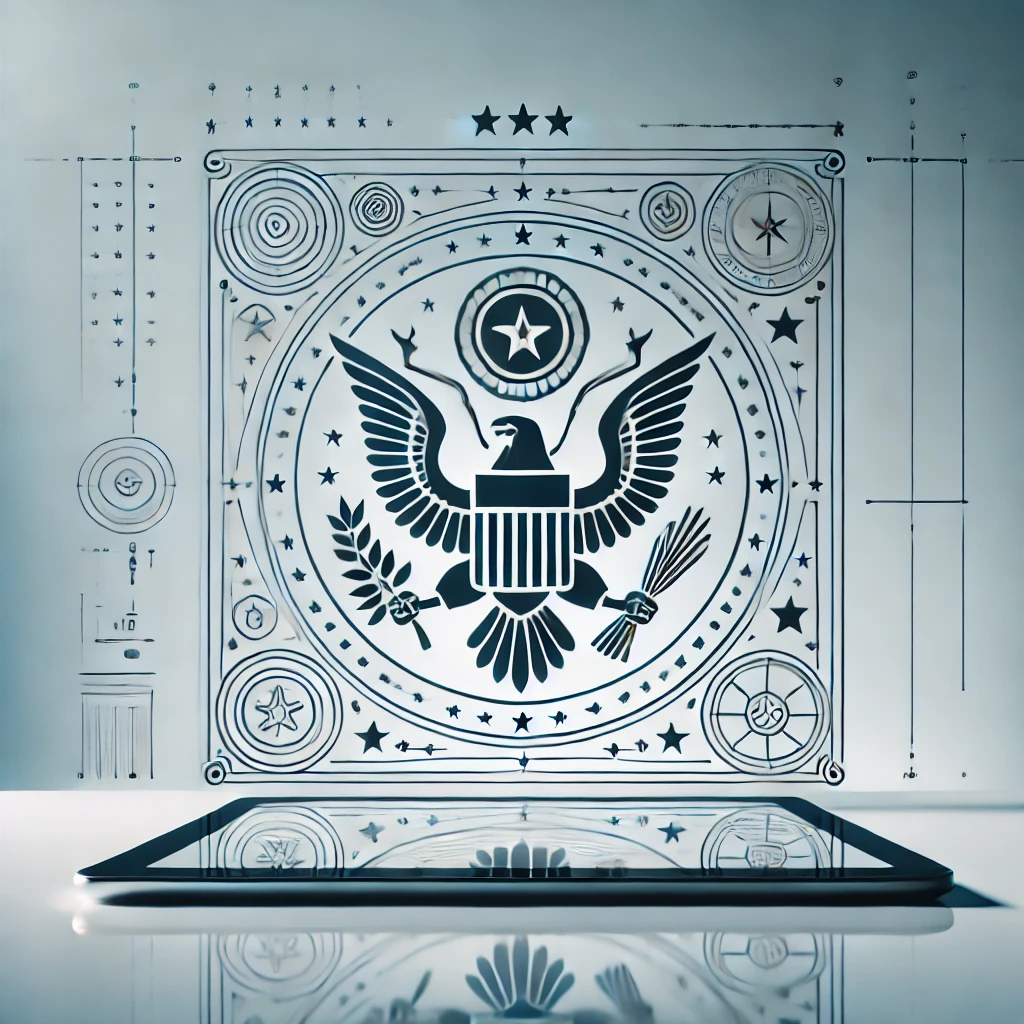Brendan Carr, the newly designated chairman of the Federal Communications Commission (FCC), has outlined an ambitious agenda to challenge what he calls Big Tech’s “censorship cartel.” Carr, a longtime critic of major tech platforms, is positioning the FCC as a counterbalance to the perceived influence of companies like Google, Microsoft, Meta, and Apple on public discourse.
Key Focus: NewsGuard Partnerships
Carr recently sent letters to the CEOs of these tech giants, questioning their relationships with NewsGuard, a company that provides trust ratings for news outlets. Critics of NewsGuard argue that its ratings system exhibits bias against conservative and alternative news platforms. Carr is probing whether these companies mandate the use of NewsGuard for their services and if doing so aligns with Section 230 of the Communications Decency Act, which grants liability protections to online platforms.
The Section 230 Angle
Under Section 230, platforms are protected from liability for user-generated content as long as they act “in good faith.” Carr has raised concerns that partnerships or mandates involving NewsGuard may violate this principle, particularly if they result in what he terms “unfair censorship” of conservative viewpoints or other dissenting perspectives.
Carr stated, “Americans’ free speech rights are under attack,” emphasizing his intent to ensure that Big Tech companies operate within the scope of the law and uphold constitutional values. His scrutiny extends beyond NewsGuard, aiming at the broader mechanisms tech platforms use to moderate or restrict content.
A New Direction for the FCC
This move reflects a significant shift in the FCC’s priorities. Historically focused on regulating telecommunications and broadband, the commission is now stepping into the realm of content moderation and Big Tech accountability under Carr’s leadership. Critics argue this could blur the lines between regulatory oversight and political intervention, while supporters see it as a necessary correction to address perceived bias in digital spaces.
Broader Implications
Carr’s stance could signal a challenging road ahead for Big Tech. As head of the FCC, he wields considerable influence over policies governing internet infrastructure and digital communications. By framing his agenda as a fight for free speech, Carr is likely to gain support from policymakers concerned about online censorship, particularly among conservative lawmakers and advocacy





